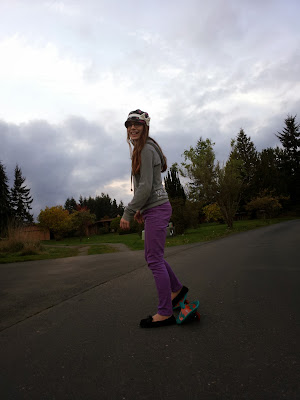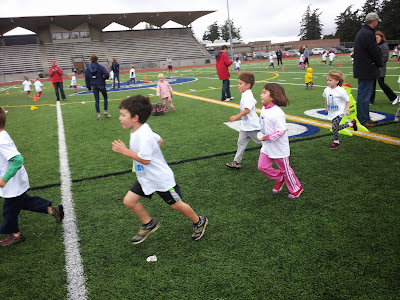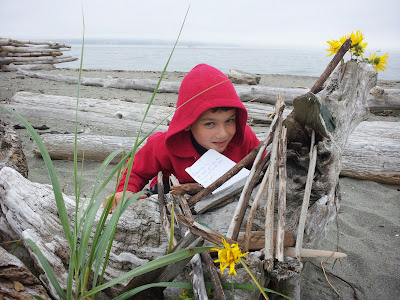"How are you?" ... Stressors and gifts of friendship

I’ve been corresponding with a friend who, like me, experienced traumatic loss. When she returned to her church, she said, people gave her forlorn looks and asked, "How are you doing?" While everyone meant well, it was stressful. Finally, someone came up to her with a smile and said, “We’re so glad you’re here.” That felt better. I can relate, I told her. Not long after John died, I was invited to a holiday party. I wanted to go – I wanted to be surrounded by warm laughter and smiles, to soak in the good energy. But I dreaded the pitying looks and meaningful “How are yous.” Finally, I got a marker and an 8.5” by 11” piece and wrote, “I’m ok, thanks! Can we talk about you?” I taped the paper to my chest and went to the party. It worked. I saw people catch my eye, begin to assume crestfallen demeanor, then take in the sign and – smile! I had an evening of laughter and escape, and didn’t have to talk about myself. One of my mother’s key pieces of

